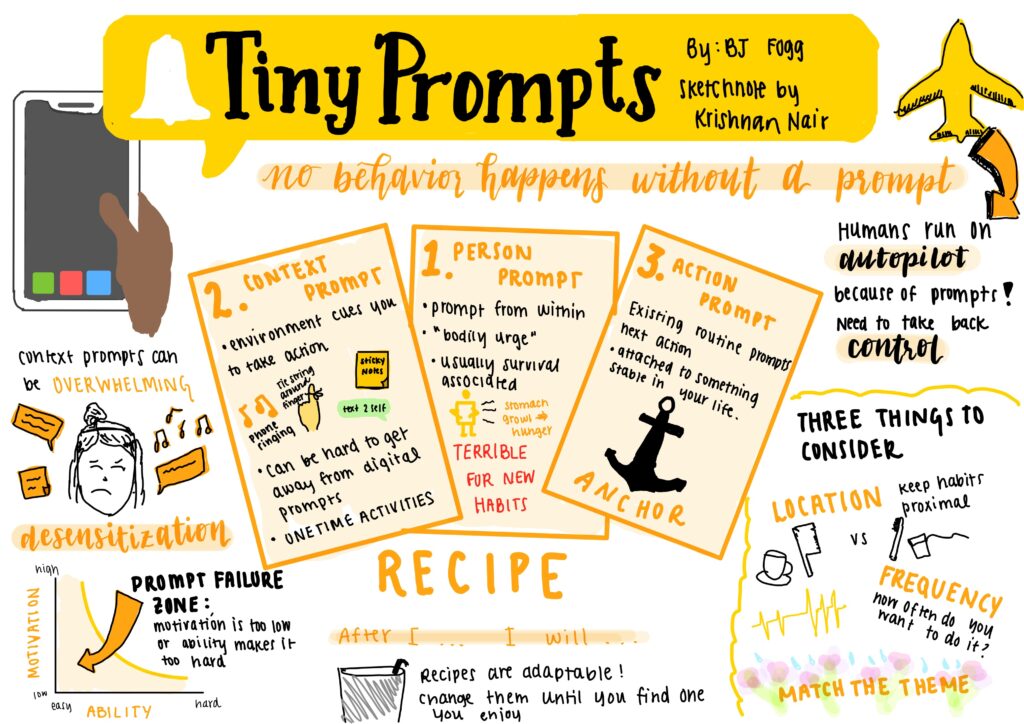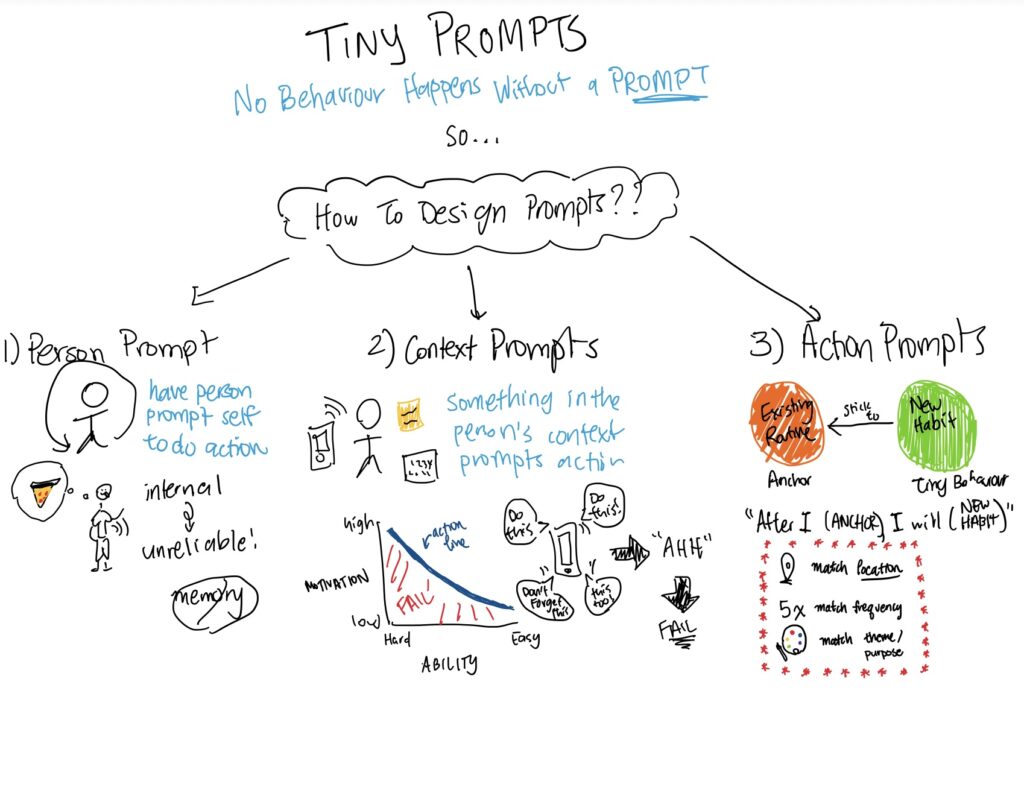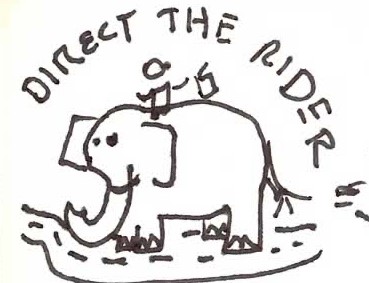A long as I can afford it, I would not work in Facebook.
Nevertheless, deciding whether we would work or not on a company based on its ethical dimensions, remains a privilege reserved to few. So, never say never. I am very empathetic with the utilitarian approach that most people confess.
Moreover, which company is free from being considered unethical? The reasons to put a company down into the no-go bucket is wide: exploitation of workers, exploitation of consumers, environmental exploitation or ethically dubious missions and connections. Even more, the dinamic nature of ethics also can radically change the perception of how ethical a company is. And this shifts happen faster than ever.
So, if the job you have is the best one you can get, then you can make the case that your responsibility to them is greater than your responsibility to be honest with yourself.
However, there should be a redline. That is, if you work for Facebook, stop preaching on how you would like to make the word freer. It’s always possible to pretend you don’t see the conflict between your own moral convictions on one side and the actions of the company you work for on the other, but if that’s your choise, one should stop giving lessons. As the text says, a person that works for Boeing could hardly identify himself as a pacifist in the public. Are you there to change Boeing from within? Well, let’s see that and talk after. It’s a matter of coherence.
As a positive note, the sign that the few people (hopefully more everyday) that actually can make a decission on which companies they will work for, let’s elevate our acts to the level of our thinking, of our morale. And maybe, one day, we can make these companies change for the better. Or even better, create alternatives that are ethical by design.




I love this: “That is, if you work for Facebook, stop preaching on how you would like to make the word freer. It’s always possible to pretend you don’t see the conflict between your own moral convictions on one side and the actions of the company you work for on the other, but if that’s your choice, one should stop giving lessons. “